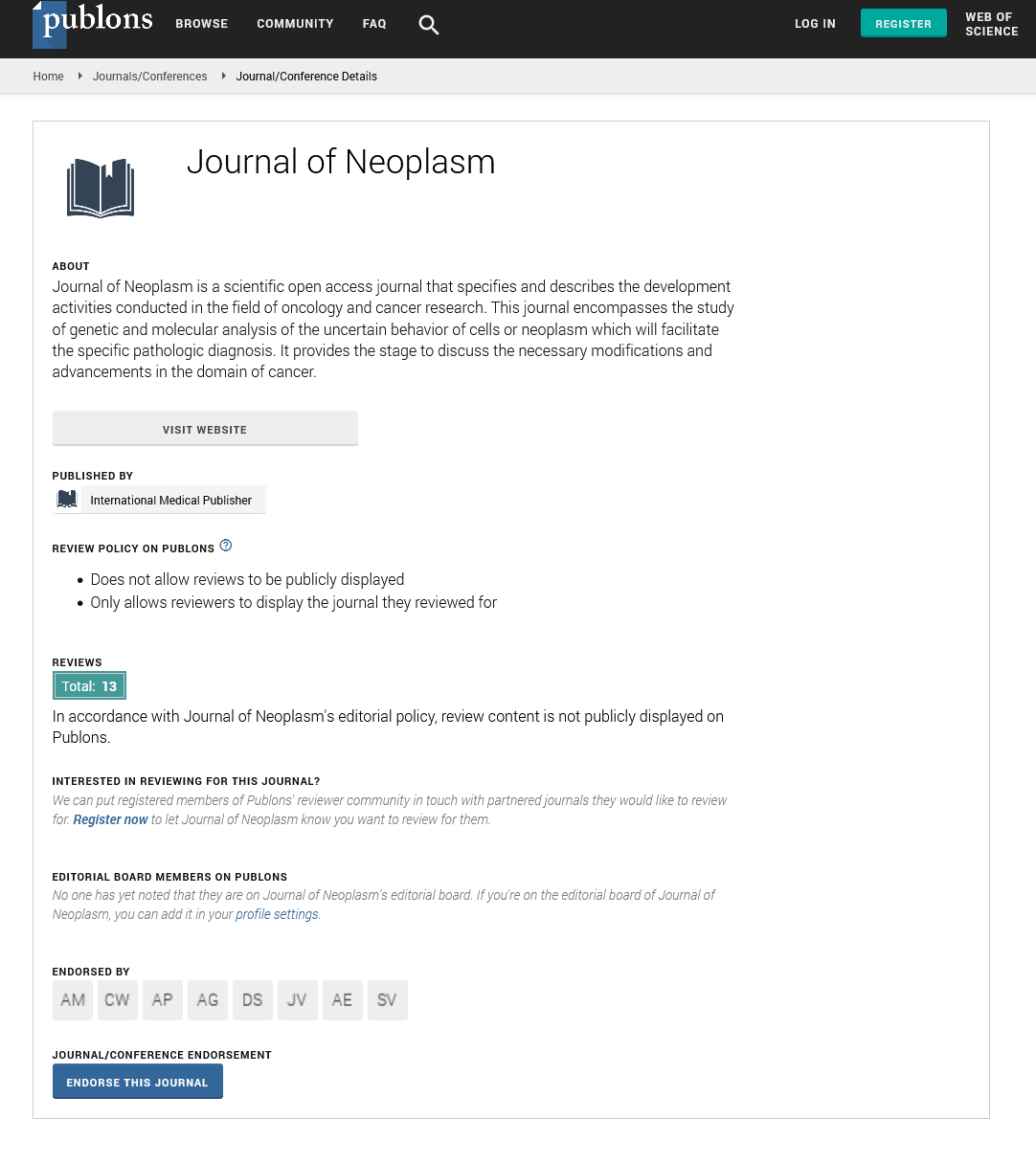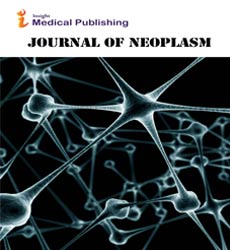Abstract
The Process of Oncology Nurse Practitioner Patient Navigation: A Grounded Theory Approach, Carving the Role
Purpose: The role of oncology nurse practitioner patient navigator and process is not well delineated. To address this problem, a grounded theory study was designed to answer the question: What processes do oncology nurse practitioners use in caring for cancer patients?
Methods: To be eligible for the study the nurse practitioner should be: 1) certified as a nurse practitioner in their respective state, 2) have a certification to practice in oncology nursing, 3) entitled as an oncology NP navigator in their respective institution, 4) at least 5 years work experience in caring for cancer patients. Recruitment strategies consisted of word of mouth snowball sampling, posting on websites, bulletin boards, and blogs of professional organizations; telephone soliciting, and e-mailing. The sample consisted of N=20 nurse practitioners. Data was collected via an open ended interview questionnaire. It was coded utilizing NVivo software. This manuscript details responses of the candidates pertaining to role function which is a subcomponent of the larger data set.
Results: Oncology nurse practitioner navigators are frontiersman in the cancer arena in that they are carving unique novel roles and partnerships. A core category and basic social navigation process was defined as well as challenges. Conclusions: Program development is evident and ongoing in the navigation process and in all partnerships; evolving to manifest a navigation system Suggestions for practice and research as well research methodologies to further the navigation knowledge base have been suggested.
Author(s):
Frances Mary Johnson
Abstract | Full-Text | PDF
Share this

Google scholar citation report
Citations : 144
Journal of Neoplasm received 144 citations as per google scholar report
Journal of Neoplasm peer review process verified at publons
Abstracted/Indexed in
- Google Scholar
- China National Knowledge Infrastructure (CNKI)
- Publons
- Secret Search Engine Labs
Open Access Journals
- Aquaculture & Veterinary Science
- Chemistry & Chemical Sciences
- Clinical Sciences
- Engineering
- General Science
- Genetics & Molecular Biology
- Health Care & Nursing
- Immunology & Microbiology
- Materials Science
- Mathematics & Physics
- Medical Sciences
- Neurology & Psychiatry
- Oncology & Cancer Science
- Pharmaceutical Sciences


